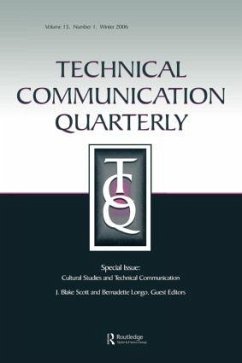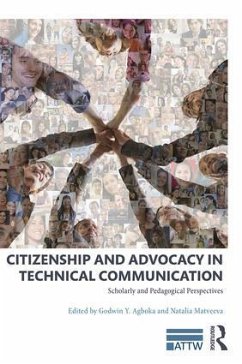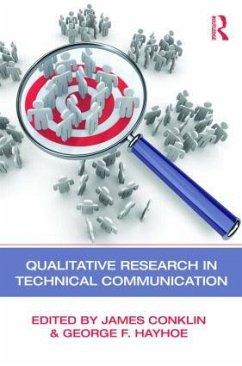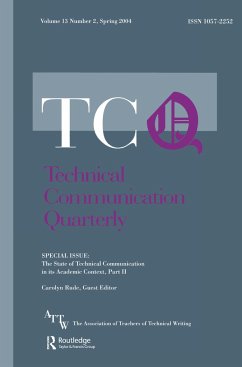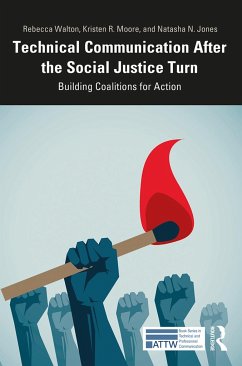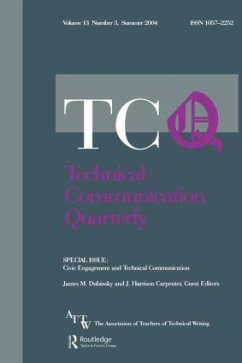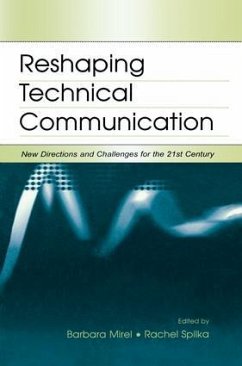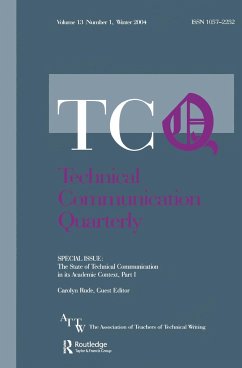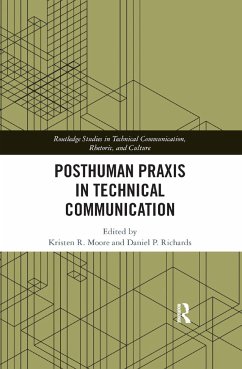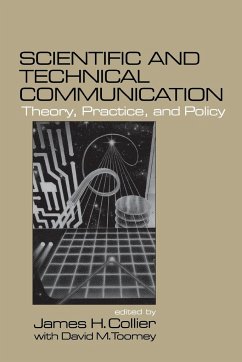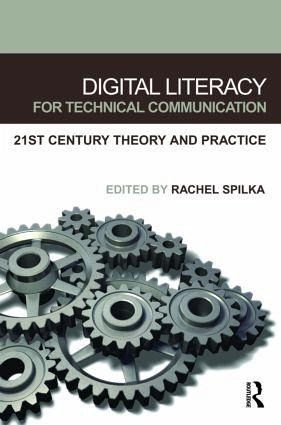
Digital Literacy for Technical Communication
21st Century Theory and Practice
Herausgeber: Spilka, Rachel
Versandkostenfrei!
Versandfertig in 1-2 Wochen
70,99 €
inkl. MwSt.
Weitere Ausgaben:

PAYBACK Punkte
35 °P sammeln!
Digital Literacy for Technical Communication helps technical communicators make better sense of technology's impact on their work, so they can identify new ways to adapt, adjust, and evolve, fulfilling their own professional potential. This collection is comprised of three sections, each designed to explore answers to these questions: How has technical communication work changed in response to the current (digital) writing environment? What is important, foundational knowledge in our field that all technical communicators need to learn? How can we revise past theories or develop new ones to be...
Digital Literacy for Technical Communication helps technical communicators make better sense of technology's impact on their work, so they can identify new ways to adapt, adjust, and evolve, fulfilling their own professional potential. This collection is comprised of three sections, each designed to explore answers to these questions: How has technical communication work changed in response to the current (digital) writing environment? What is important, foundational knowledge in our field that all technical communicators need to learn? How can we revise past theories or develop new ones to better understand how technology has transformed our work? Bringing together highly-regarded specialists in digital literacy, this anthology will serve as an indispensible resource for scholars, students, and practitioners. It illuminates technology's impact on their work and prepares them to respond to the constant changes and challenges in the new digital universe.





